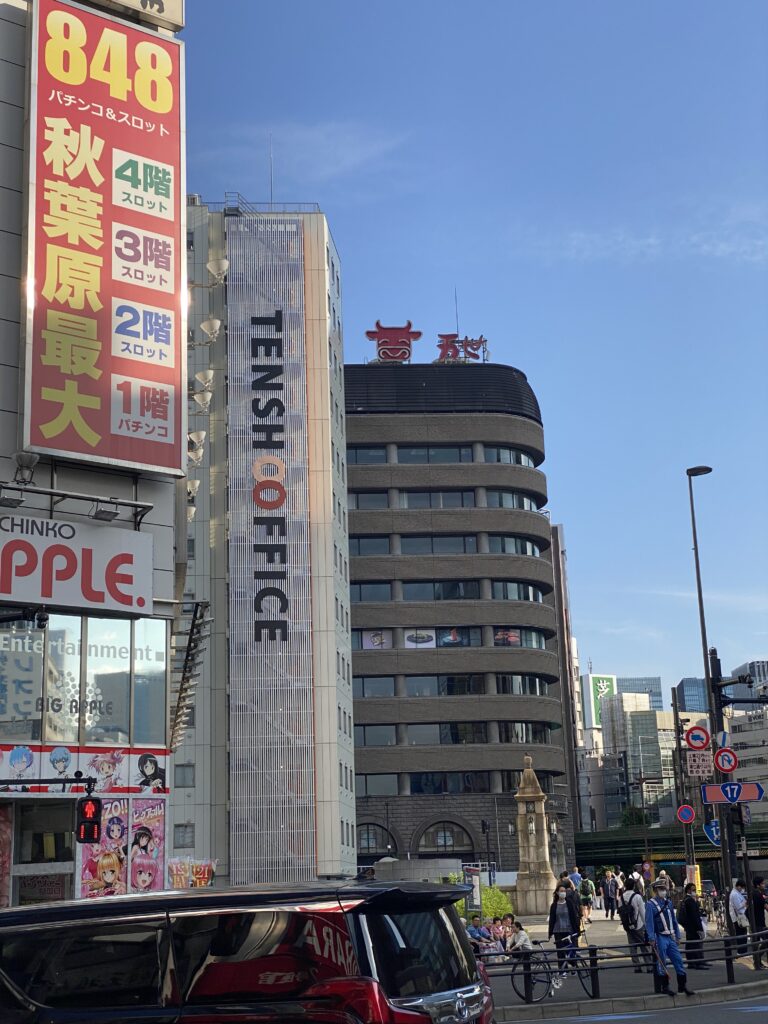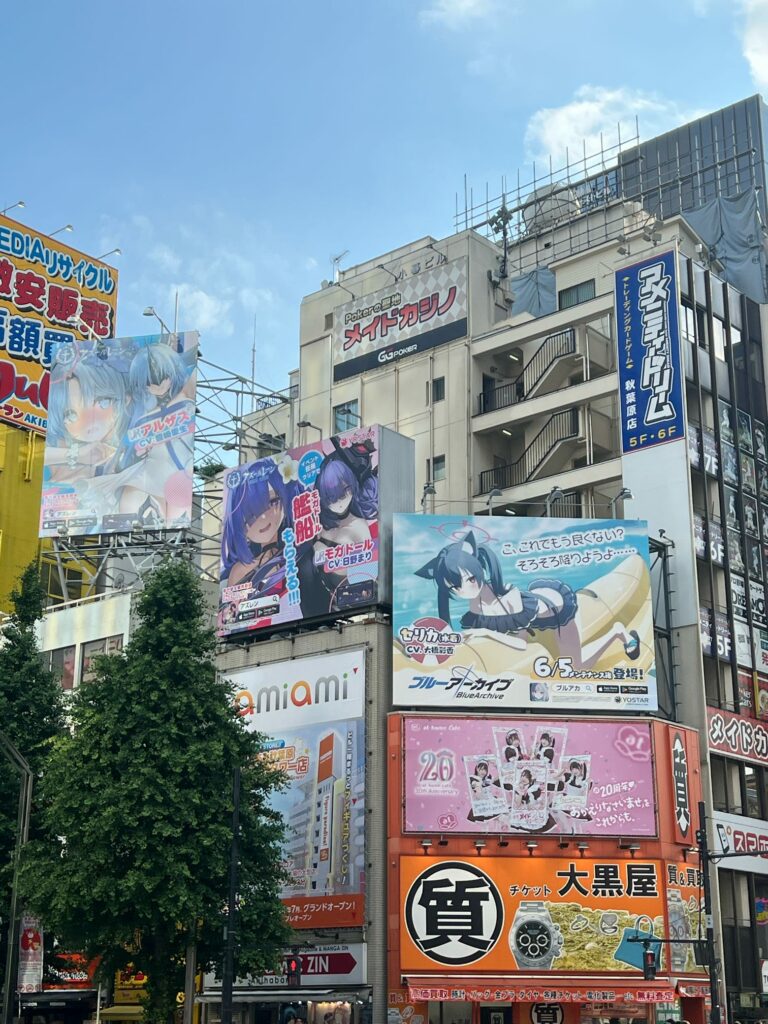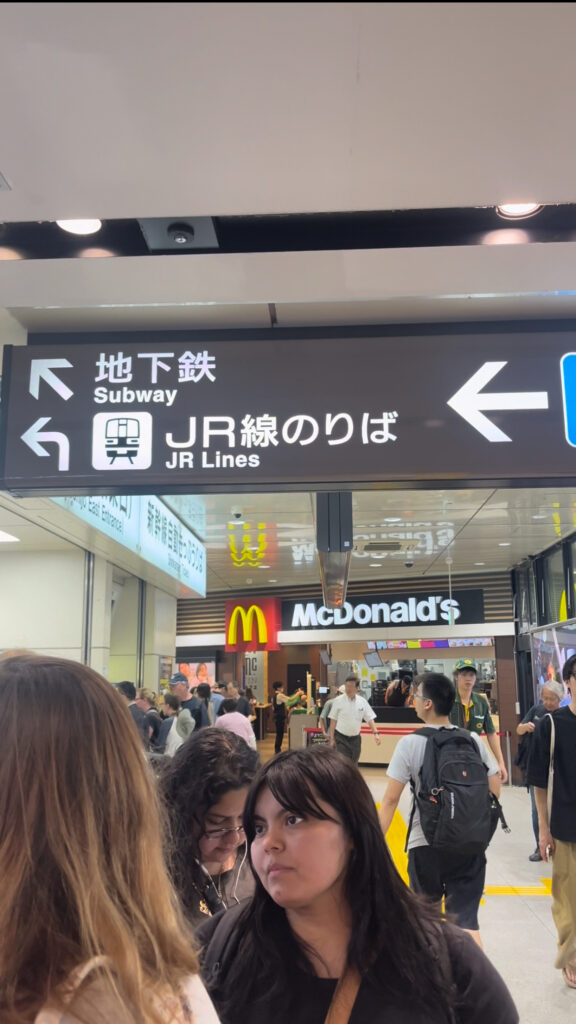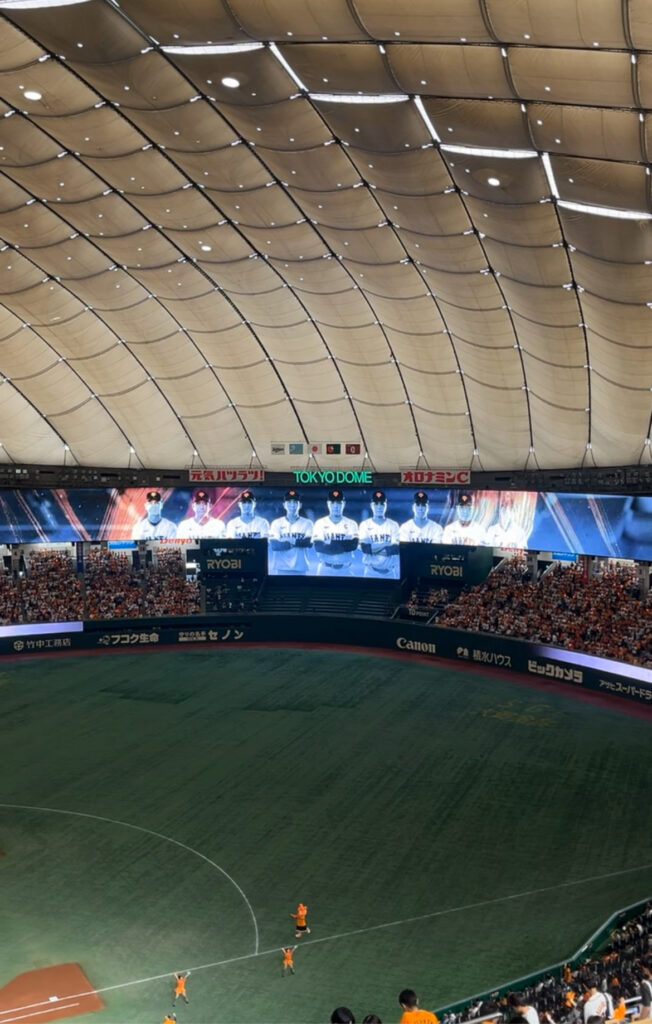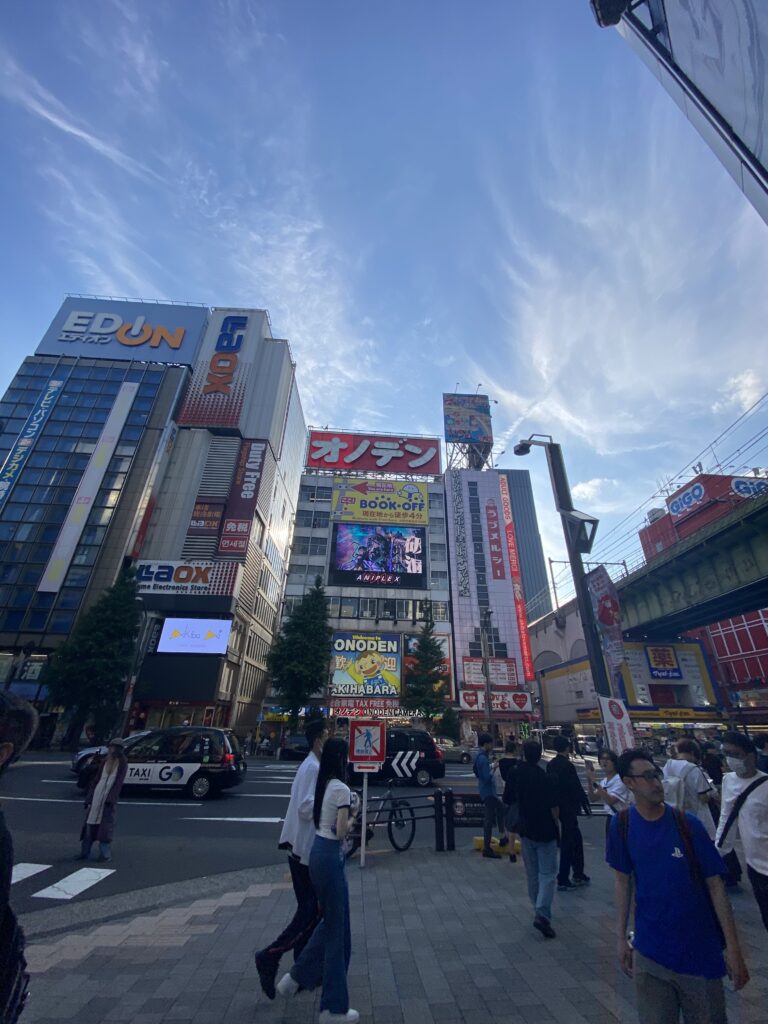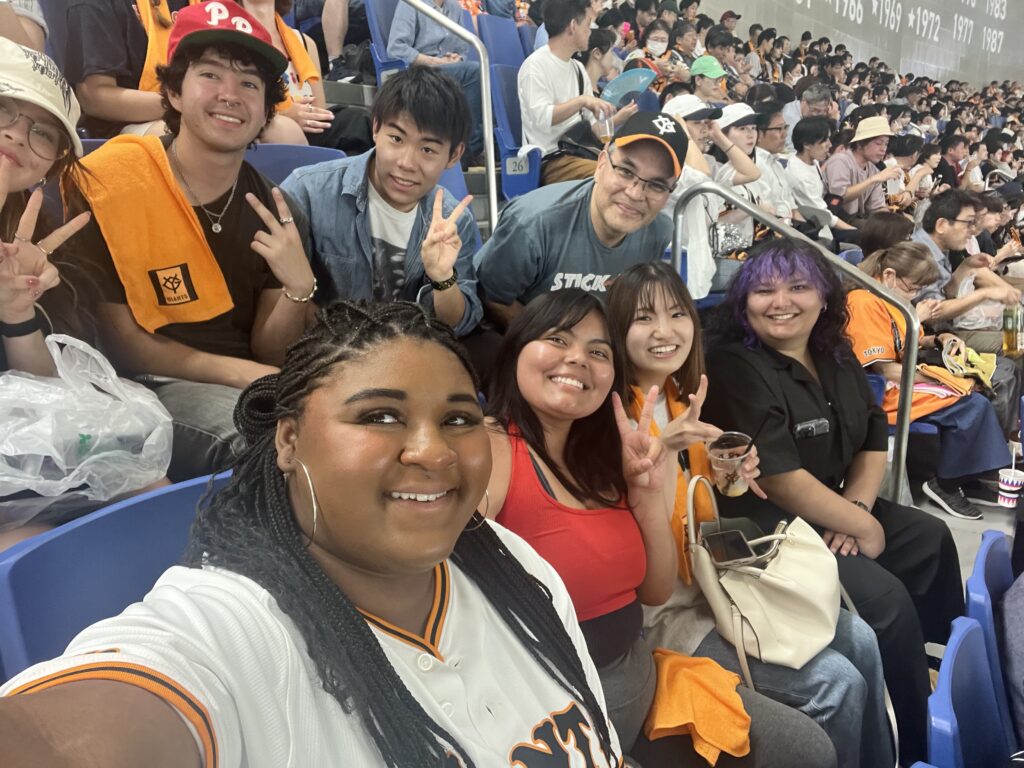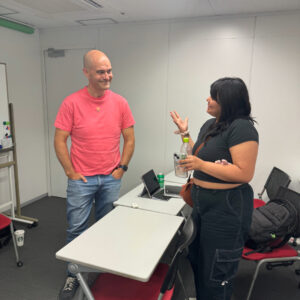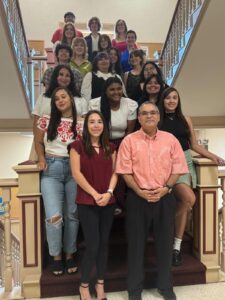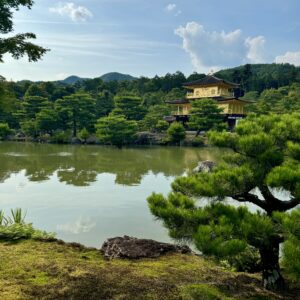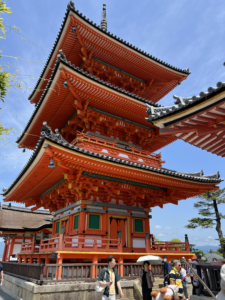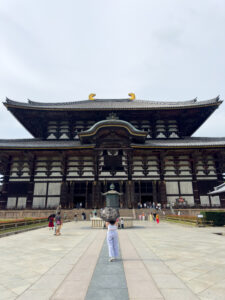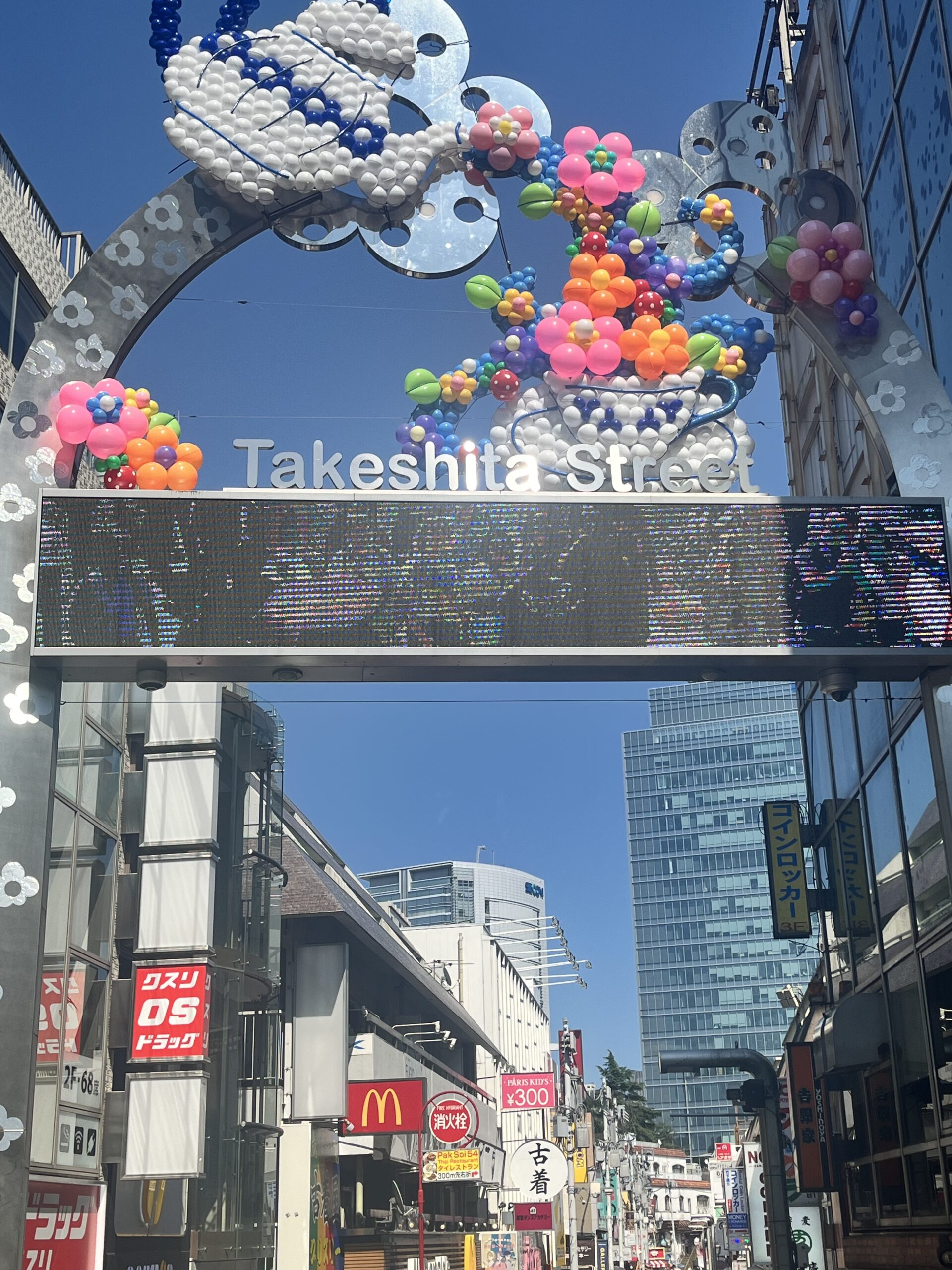
Japan and American culture have a dynamic interplay of related adaptation and invention, which is prevalent in a global city like Tokyo. Let’s take an in-depth look at this cultural exchange.
Major anime studios are based in Tokyo, hugely impacting American pop culture. Acknowledged as the hub of otaku culture, Akihabara attracts American tourists and anime enthusiasts who wish to visit the heat of the anime industry.
Akihabara is also well-known for its exclusive selection of collectibles, action figures, anime and manga items. The market for these products has grown significantly among Americans, who frequently purchase limited-edition goods and exclusive figurines from Akihabara.
Akihabara has also had an enormous impact on the American manga industry. Many American manga fans discover Japanese manga for the first time through translated works found online. Akihabara’s manga cafes and shops serve as a gateway for American manga fans to dive deeper into the Japanese manga culture.
Akihabara-based or Akihabara-inspired firms like Sega and Bandai Namco created many video games Americans love. Video games such as “Final Fantasy,” “Pokémon,” and “Street Fighter” have a substantial American following.
With its influence from anime, manga and gaming, Akihabara has significantly impacted American pop culture. The connection between American pop culture is seen in the mutual appreciation and interchange of cultural elements.
Cutting-edge and unique fashion trends that impact street style worldwide, especially in the United States, are centered around Harajuku. Many Americans look to Harajuku for fashion inspiration. American streetwear companies like off-white and Supreme have adopted parts of Harajuku style.
Brands from Japan and the United States have come together to combine styles and broaden their cultural appeal. Social media sites, including TikTok and Instagram, have introduced Harajuku fashion to a broader audience. American influencers, such as Wisdom Kaye, also play a massive role in developing the trend in America by showcasing Harajuku-inspired attire.
Speaking of influences and celebrities, Gwen Stefani’s most notable influences are from her “Harajuku Lovers” era. Her obsession with Harajuku’s vibrant and lively appearance led her to bring Harajuku mainstream in America by creating a fashion line and musical style that celebrated Harajuku fashion.
Other celebrities such as Katy Perry and Nicki Minaj, who called herself a Harajuku Barbie, have also brought the fashion style to America by wearing bold and playful outfits that showcase the district’s unique style.
Harajuku’s influence on American culture is expansive, encompassing fashion and consumer trends. American audiences have resonated with Harajuku’s emphasis on originality, innovation and playful aesthetics.
Tokyo has been dramatically impacted by American pop culture, which has shaped many aspects of the city’s entertainment, fashion and lifestyle. Pop, hip-hop, and rock are some of the American music genres that have a nig influence and follow here in Tokyo. Artists like Beyonce, Eminem and Taylor Swift have a considerable fan base in Tokyo. In February, Taylor Swift sold out the Tokyo Dome.
Another aspect of Tokyo that has been impacted by American culture is baseball. Since its introduction by American missionaries in the 1800s, baseball has become a beloved sport in Tokyo and all of Japan. Many Japanese players have made the successful move to play in MLB, and MLB has dramatically influenced the Japanese professional baseball league.
Tokyo has been significantly impacted by American fast food culture, which has shaped social norms, eating customs and local food. One of Tokyo’s most popular American fast food chains is McDonald’s, established in 1971 in Ginza. McDonald’s has established itself as a staple in Japanese culture, with over a hundred locations. Local flavors, including the teriyaki burger and the ebi filet-o, are incorporated into McDonald’s Japan menu.
Starbucks has also become a well-liked location in Tokyo. It serves a wide demographic and has a multitude of locations across Tokyo. Its menu combines typical American coffee culture with Japanese-inspired drinks like matcha. Japanese coffee drinkers are now more daring in their coffee selections, mainly experimenting with various beans and roast levels. This is mainly attributed to American coffee culture, which highlights diversity in coffee flavors.
Tokyo and American cultures are consistently influencing one another, forming different aspects of each other’s cultures and societies. Tokyo has been greatly influenced by American pop culture, which includes cuisine, fashion and entertainment. Trends that were once minuscule are now part of everyday life. Tokyo’s distinct traditions, norms, and customs, including its vibrant streetwear and culinary innovations, have made their way to America, enhancing American culture with new viewpoints and experiences.
As the bond between the two continues to involve, it creates an atmosphere and environment that fosters diversity and inclusion.
